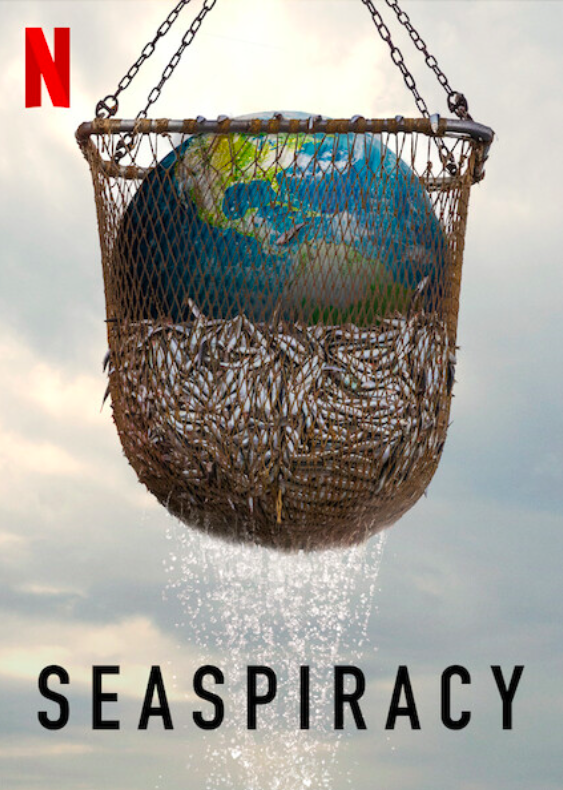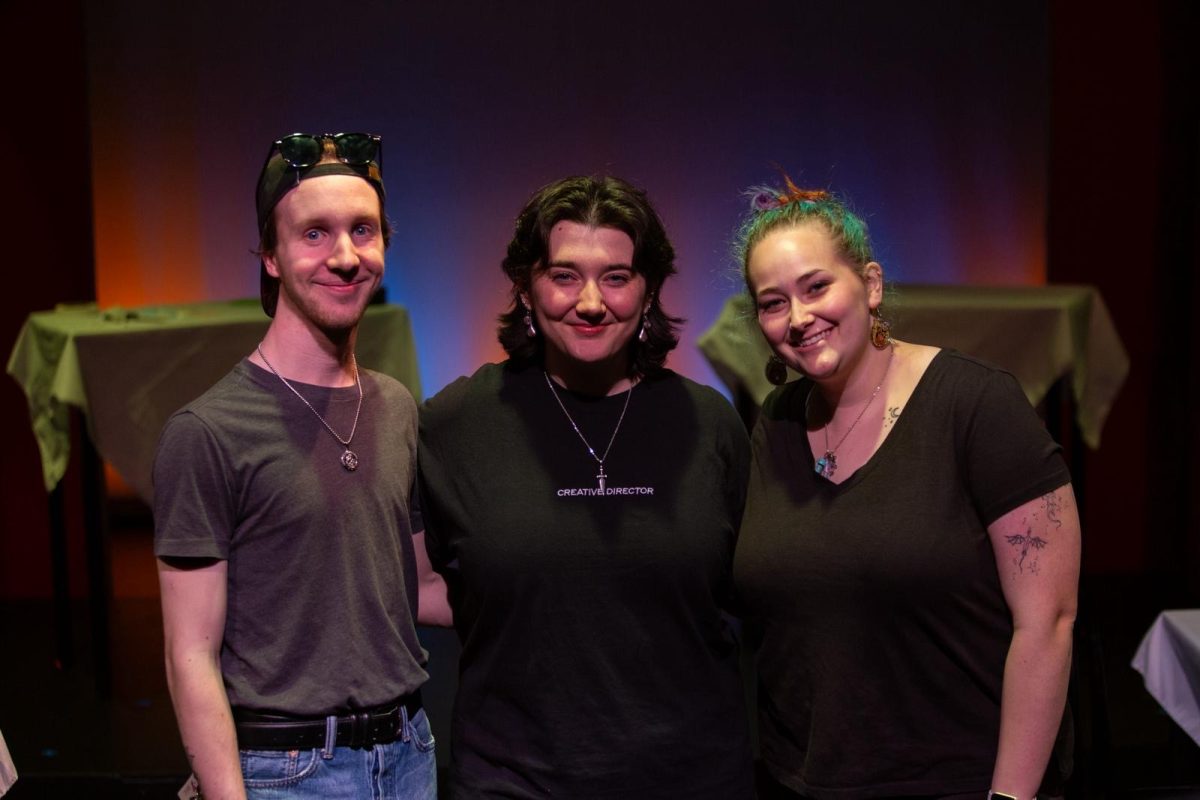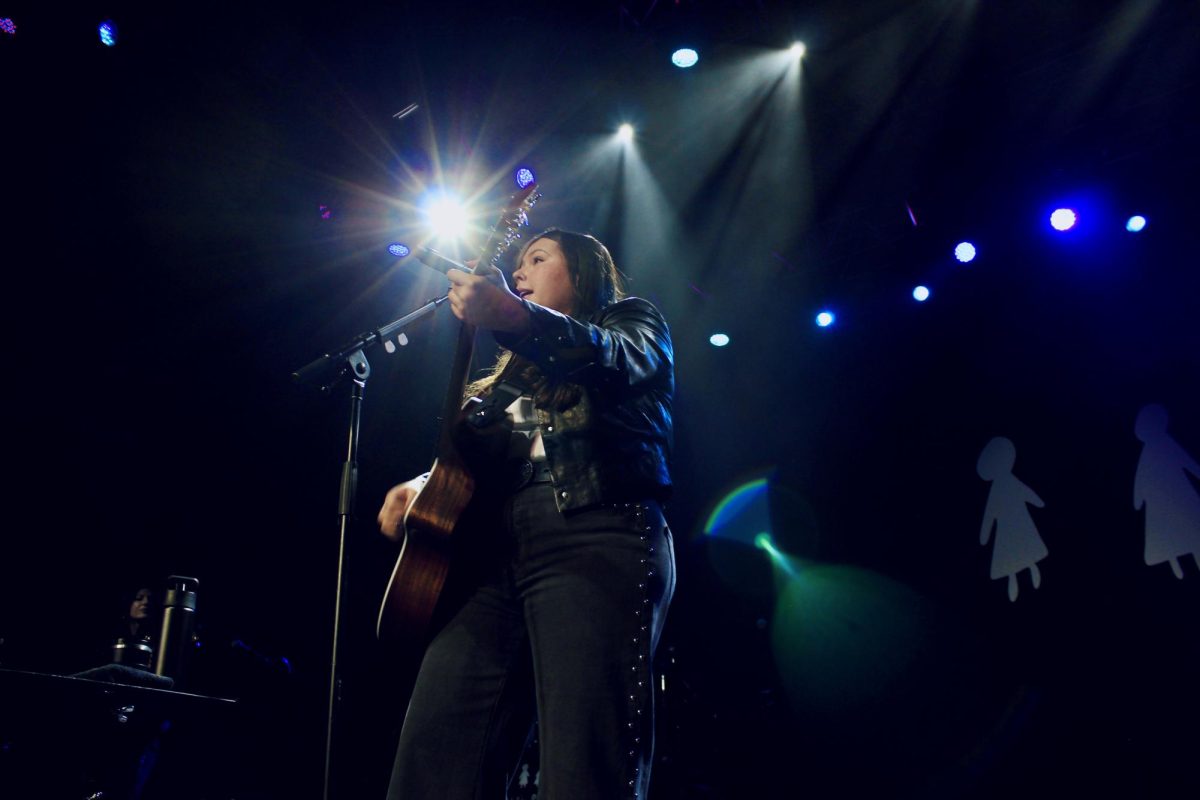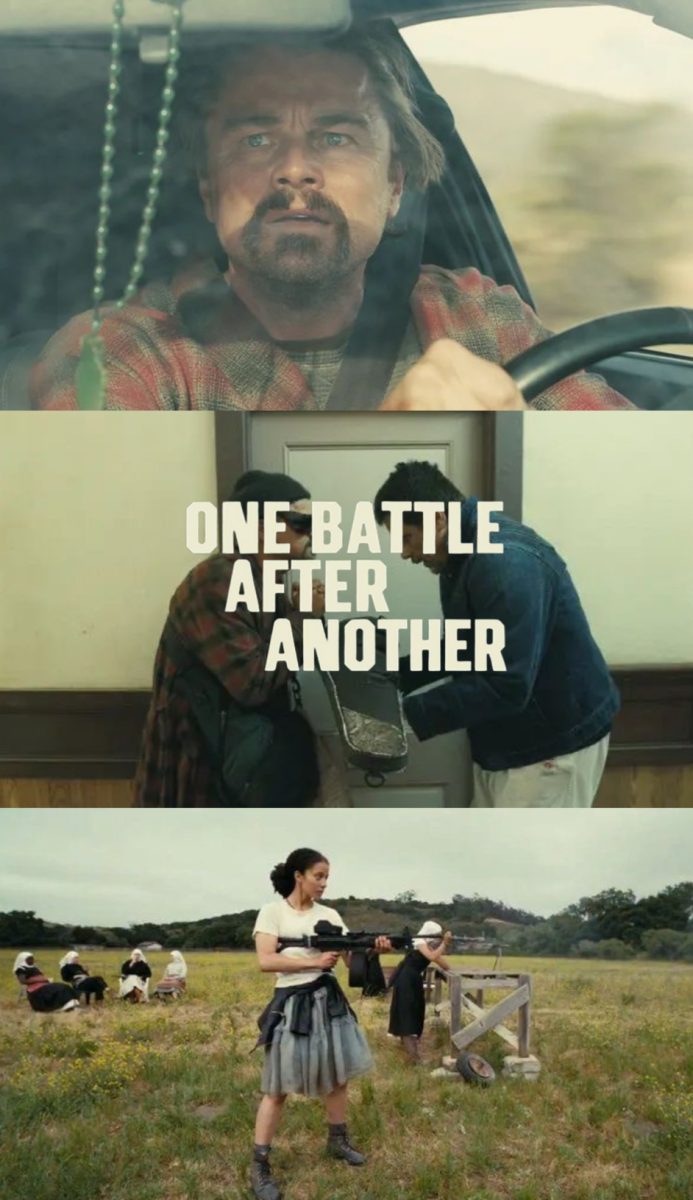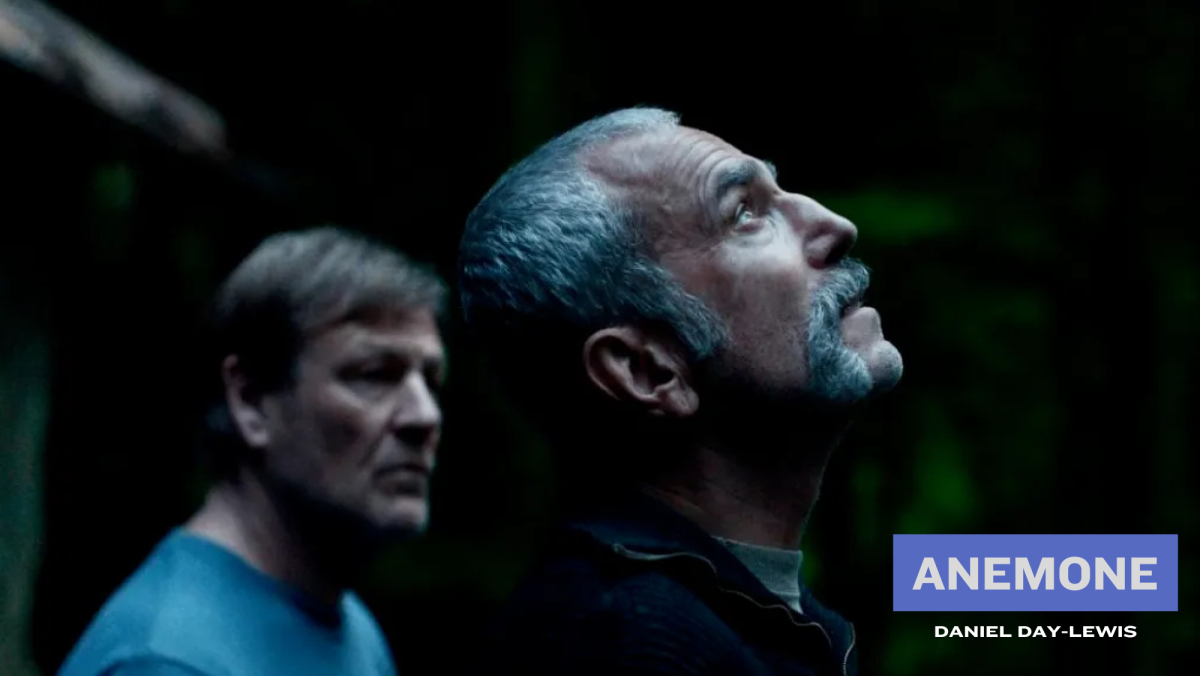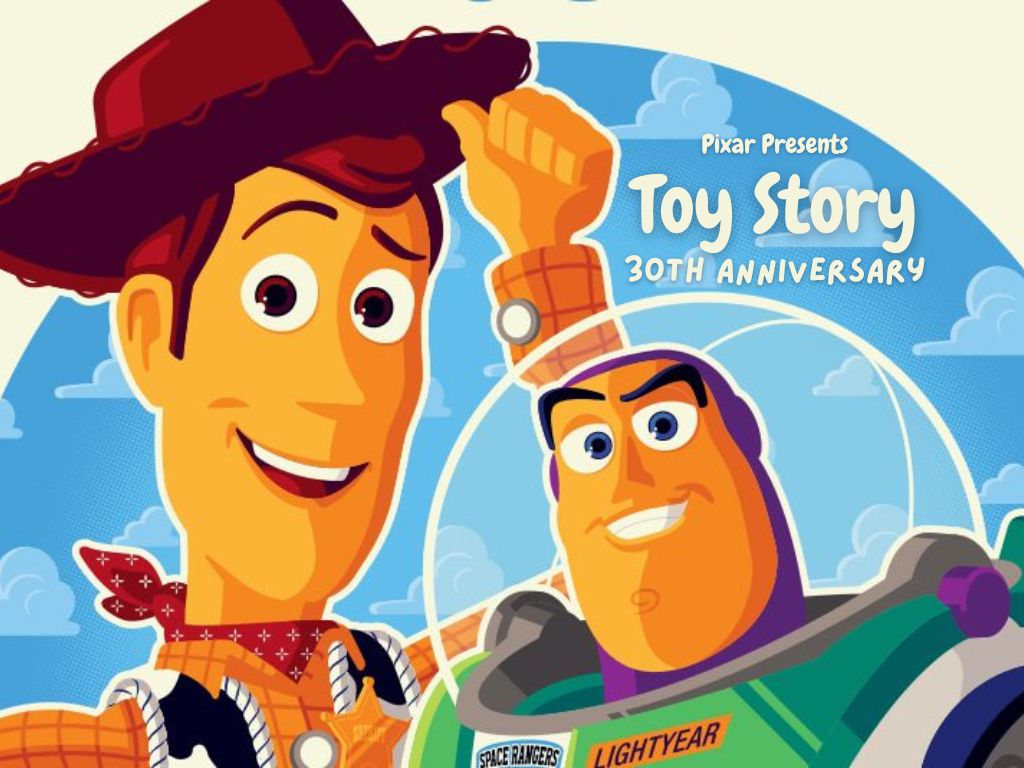Netflix’s original documentary “Seaspiracy” opens audiences’ eyes to the toll the fishing industry has taken on our climate. The documentary is shocking as it exposes the secrets behind seafood and the truth of plastic’s role in climate change.
“Seaspiracy” was released on Netflix on March 24 and quickly raced its way to the streaming platform’s top 10 most currently watched content.
British filmmaker Ali Tabrizi takes the audience on a journey as he and his partner travel to the world’s largest fishing cities, where they investigate what goes on behind closed doors.
Their findings break down the image of a cute little red lobster boat from family-owned businesses and reveal the horrors of a seared with blood. As the pair delve deeper in the story, they uncover a twisted web of bias, cover-ups and even slavery involved in various fishing industries.
The claims of “Seaspiracy” are unfathomable, and the film provides plenty of disturbing evidence needed to back up Tabrizi’s claims.
Since the release of the documentary, some of the companies interviewed have claimed that they were misrepresented and that their comments were taken out of context. While these companies may have wished to save their reputation, their anger only strengthens Tabrizi’s story.
It is vital that everyone watches this documentary and is exposed to what might be an ugly truth: that the fishing industry is killing the planet.
A conversation that for years has revolved around plastic straws, bags and food containers is opened up to another side. Fishing nets and other materials make up an astronomical amount of the plastic that is found in the oceans. The killing of the fish and, as a result, the surrounding ocean is causing irreversible problems.
Tabrizi shocks the audience with the many horrors he uncovers behind the industry. While the film is challenging to watch at times due to the graphic footage Tabrizi collected, it is a must-watch for anyone who cares about our planet or marine life.
The film also brings forth many solutions, educating the audience on how they can reduce the negative impact fishing has on the climate. We need to stop eating seafood and stop supporting the fishing industry.
Regardless of if you agree or disagree with the claims, it is important to watch this film and understand how our food is brought to the table.
Follow Alida on Twitter @AlidaBenoit.


